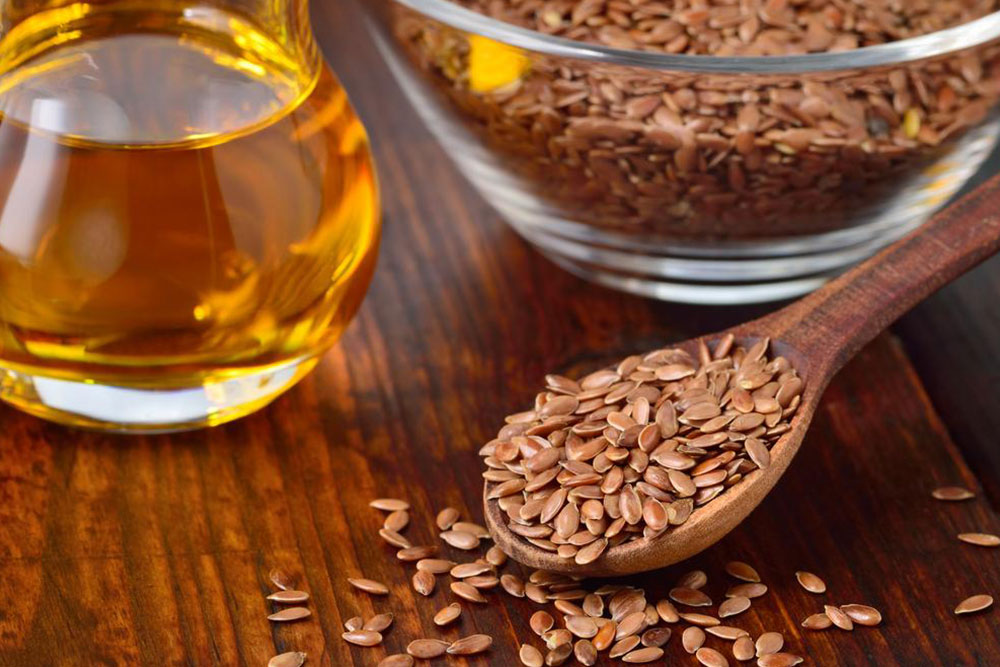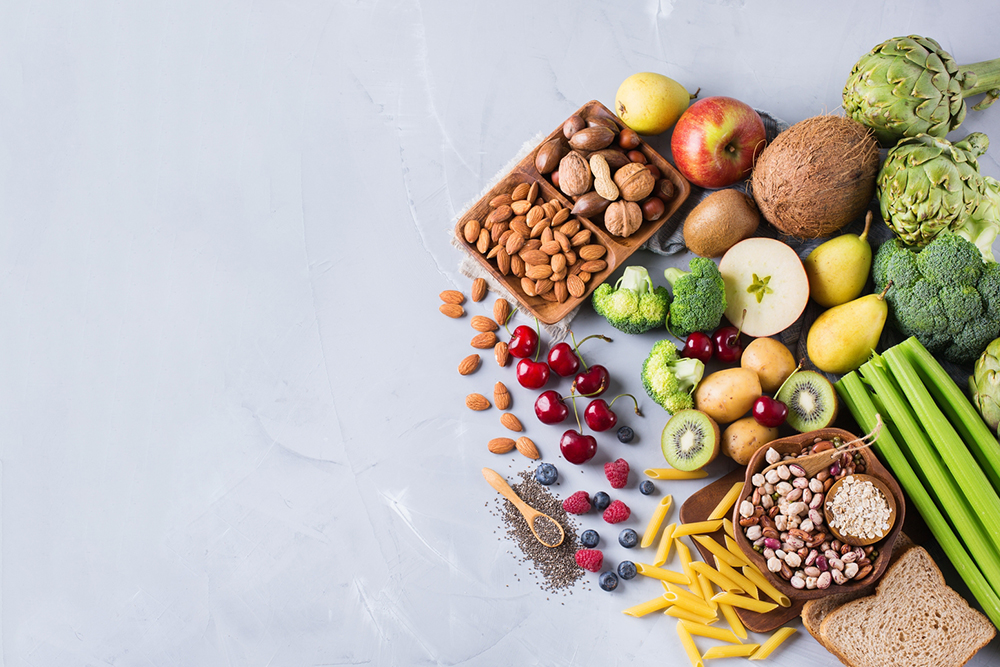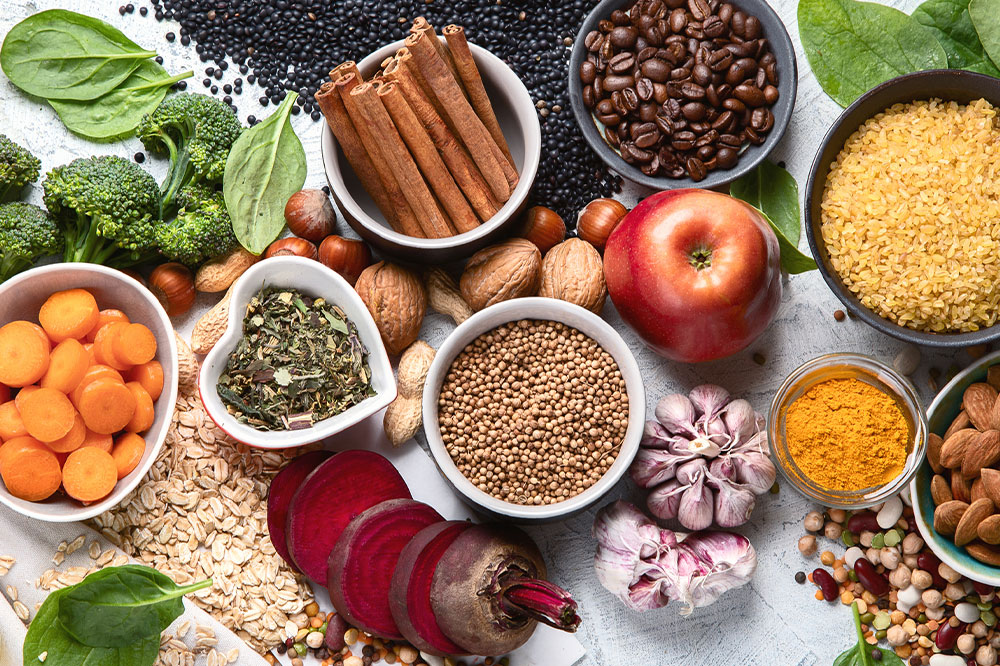Foods That Help Reduce Chronic Inflammation
Discover how dietary choices influence inflammation and learn which foods can help reduce chronic inflammation. Incorporating anti-inflammatory foods like fatty fish, berries, vegetables, nuts, and healthy oils can enhance your health. Avoid processed and sugary foods to prevent inflammation-related diseases. Adopting an anti-inflammatory diet may improve overall well-being and lower risks of conditions such as heart disease, diabetes, and arthritis, making it a valuable approach for maintaining health through nutrition.

Foods That Help Reduce Chronic Inflammation
Your dietary choices play a crucial role in either promoting healing or exacerbating inflammation. Persistent inflammation is linked to numerous health issues, including heart disease, diabetes, and arthritis. Understanding which foods to include and which to avoid can be key to managing inflammation effectively.
Foods That Fight Inflammation
Inflammation is a natural part of the immune response, triggered by injuries and infections to initiate healing. However, factors like stress, poor sleep, genetics, and diet can cause unnecessary, chronic inflammation.
This is why choosing anti-inflammatory foods is important. Conversely, consuming pro-inflammatory foods can worsen the condition.
Unhealthy dietary patterns, such as high intake of refined sugars, fried foods, and processed meats with preservatives or artificial additives, can promote inflammation. Such foods may also disrupt gut bacteria and lead to weight gain and other health problems. Chronic inflammation increases risks for conditions like heart disease, diabetes, cancer, and joint disorders, and can intensify pain in arthritis.
Anti-Inflammatory Foods to Include
Research shows that certain foods can significantly reduce inflammation and improve health. Incorporating these into your diet may outperform some medications in managing inflammation.
Fatty Fish
Fish like salmon, sardines, tuna, and halibut are rich in omega-3 fatty acids, which combat inflammation. These active fats boost hormone levels that reduce inflammation, support fat burning, and improve metabolic health.
Berries
Blueberries and strawberries contain antioxidants called flavonoids that help neutralize inflammation caused by unhealthy diets, as per studies published in nutritional journals.
Cruciferous Vegetables
Broccoli and similar greens supply vitamin C, beta-carotene, and flavonoids like kaempferol that help fight inflammation and disease.
Whole Grains and Seeds
Raw oats promote beneficial gut bacteria, which produce anti-inflammatory compounds like butyrate, reducing overall inflammation.
Nuts and Seeds
Rich in antioxidants and amino acids, nuts and seeds have been linked to lower inflammatory markers in large-scale studies.
Healthy Oils
Use olive oil, coconut oil, and canola oil. Extra virgin olive oil contains oleocanthal, which reduces joint inflammation. Coconut oil offers antimicrobial and anti-inflammatory benefits, while canola oil provides omega-3 fatty acids.
Beets
Beets contain phytochemicals and betalain pigments known for their antioxidant and anti-inflammatory properties, supporting metabolic health and reducing cardiovascular risks.
Red Bell Peppers
Packed with quercetin, luteolin, and beta-carotene, these peppers help diminish inflammation related to asthma and arthritis. Quercetin stabilizes mast cells, lowering histamine levels that trigger allergic responses.
Cocoa Products
Dark chocolate, rich in flavonoids, has been shown to lower inflammatory markers. Consuming cocoa in drinks or snacks can provide health benefits, as confirmed by recent studies.
Ginger and Turmeric
Ginger contains gingerols that inhibit inflammation and bacterial growth. Turmeric’s curcumin molecule blocks enzymes involved in inflammatory processes, making it beneficial for joint health and pain reduction.
Adopting an anti-inflammatory diet by focusing on whole foods, healthy fats, and colorful vegetables can effectively lower inflammation and prevent related diseases. Avoid processed foods and excess sugars for optimal health benefits.
Note:
Our content aims to provide informative and helpful guidance across various health topics. While based on research, it should not substitute professional medical advice. The website disclaims responsibility for any discrepancies or inaccuracies and advises consulting healthcare providers for personalized recommendations.










